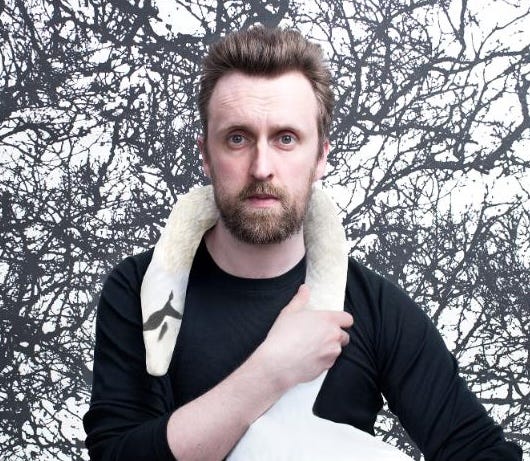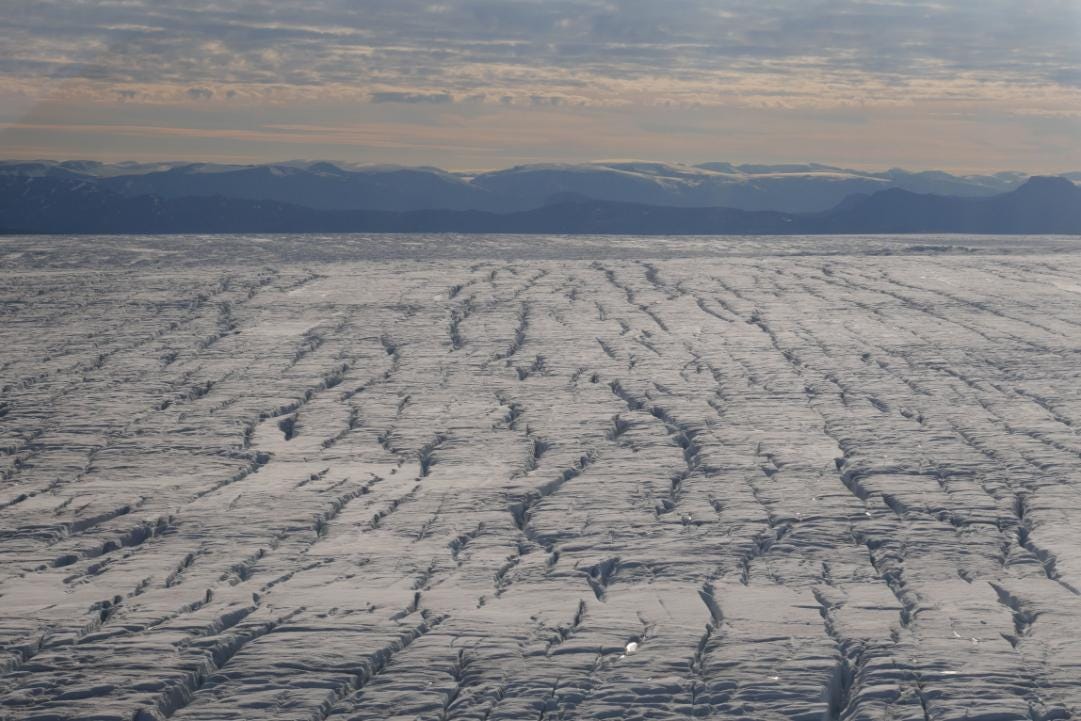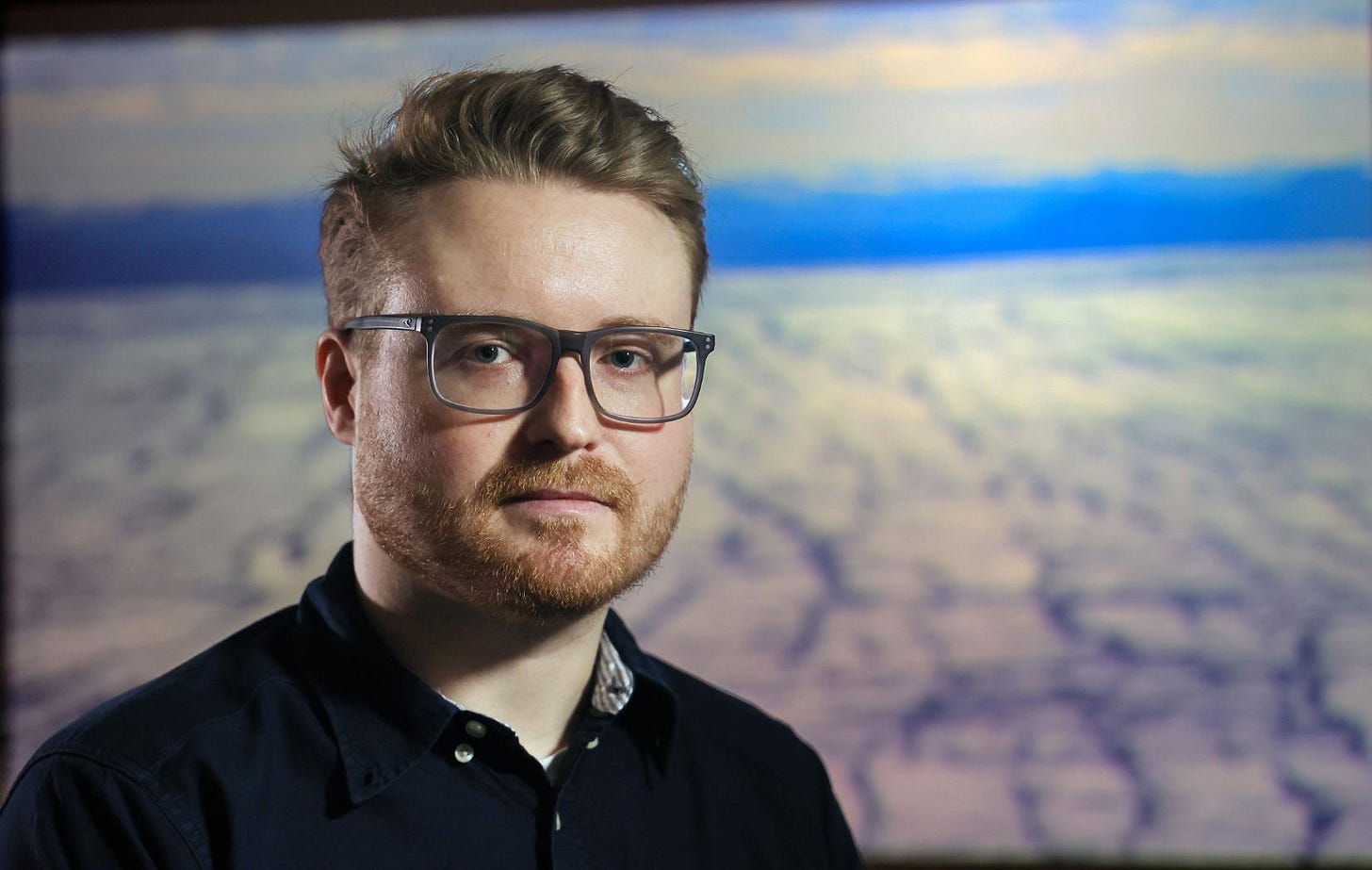Academic is standing up for the planet
Heard the one about climate change? You will – and several more – at a Tyneside event. Tony Henderson explains
Climate change is no joke for many – but it is for academic Dr Matt Winning,
Matt has a PhD in climate change policy, with 16 years experience working on climate mitigation and is a lecturer at the University College London Institute for Sustainable Resources.
But he is also a stand up climate comedian who has received wide critical acclaim at the Edinburgh Fringe.
Now he will be combining comedy with an environmental edge when he appears as part of the INSIGHTS free public lectures programme at Newcastle University.
Pre-booking is required from February 18 for the Hot mess: What on earth can we do about climate change? event at the Curtis auditorium at 5.30pm on February 25.
“This lecture blends comedy and informative content to encourage audiences to think about climate change in a more accessible way. The approach helps to break down barriers and encourages audiences to think critically about their own behaviour and the societal issues surrounding climate change,” said an INSIGHTS spokesperson.
Matt has published on various environmental issues and many any of his recent journal papers were cited in the Intergovernmental Panel on Climate Change’s work and have been used by bodies such as the UK Committee on Climate Change.
In 2021 he published his book Hot Mess which underpinned a live show that toured the UK in 2022. He also hosts the BBC Radio 4 show Net Zero: A Very British Problem.
The event is part of Newcastle and Northumbria Universities Hope Not Heat 2025 conference on February 25-26, which includes talks and a documentary film. For details visit the website.
“Climate change, man-made, is happening now, not just a threat in the future. Governments, industry and individuals are taking action to mitigate the effects of CO2 and methane emissions and deforestation, but it could be too little, too late.” said a conference spokesperson.
“Governments are cautious about stronger action as they fear their voters aren’t fully supportive of the necessary changes, but the sooner action is taken, the lower the final costs will be.”
Meanwhile, a study by scientists led by Durham University has found that the Greenland Ice Sheet is cracking open more rapidly as it responds to climate change.
The warning comes in a new large-scale investigation of crevasses on the world’s second largest body of ice.
It revealed crevasses had significantly increased in size and depth at the fast-flowing edges of the ice sheet between 2016 and 2021.
Crevasses are wedge-shaped fractures or cracks that open in glaciers where ice begins to flow faster. The researchers say that crevasses are also getting bigger and deeper where ice is flowing more quickly due to climate change, and that this could further speed up the loss of ice from Greenland.
Greenland has been behind approximately 14mm of sea level rise since 1992. This is due to increased melting from the ice surface in response to warmer air temperatures, and increased flow of ice into the ocean in response to warmer ocean temperatures, which are both being driven by climate change.
Greenland contains enough ice to add seven metres of sea level rise to the world’s oceans if the entire ice sheet were to melt. Research has shown that Greenland could contribute up to 30cm to sea level rise by 2100.
For this latest study, the researchers used more than 8,000 3D surface maps, created from high-resolution satellite imagery, to identify cracks in the surface of the ice sheet and show how crevasses had evolved across Greenland between 2016 and 2021.
Durham University study lead author Dr Tom Chudley said: “In a warming world, we would expect to see more crevasses forming. This is because glaciers are accelerating in response to warmer ocean temperatures, and because meltwater filling crevasses can force fractures deeper into the ice.
“However, until now we haven’t had the data to show where and how fast this is happening across the entirety of the Greenland Ice Sheet.
“For the first time, we are able to see significant increases in the size and depth of crevasses.”
To reserve your place for Tuesday’s event (Feb 28) Hot mess: What on earth can we do about climate change?, visit the website or call the booking voicemail line on 0191 208 6136.






